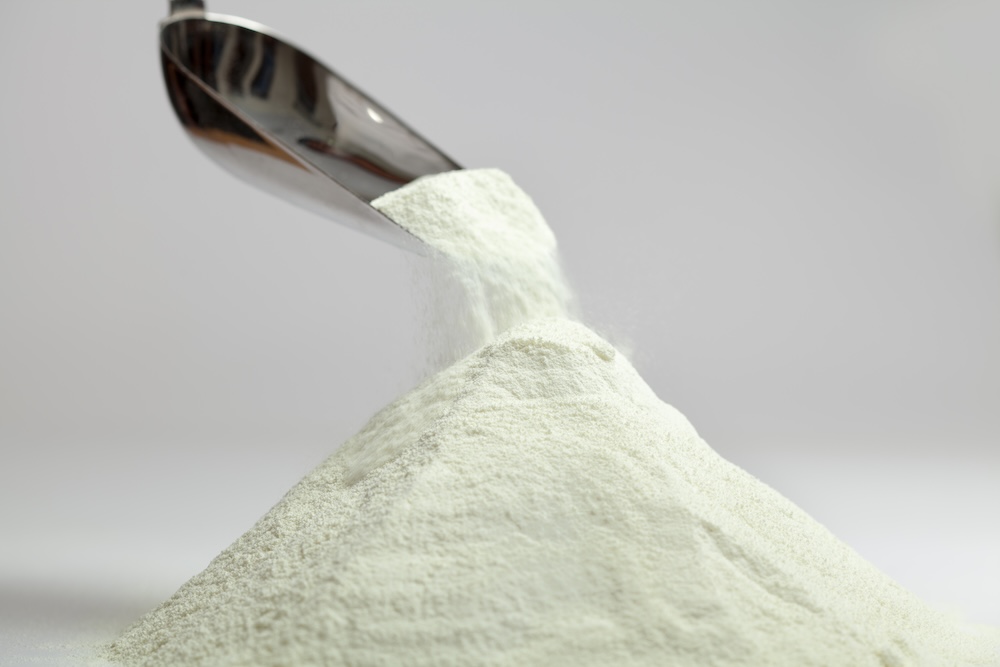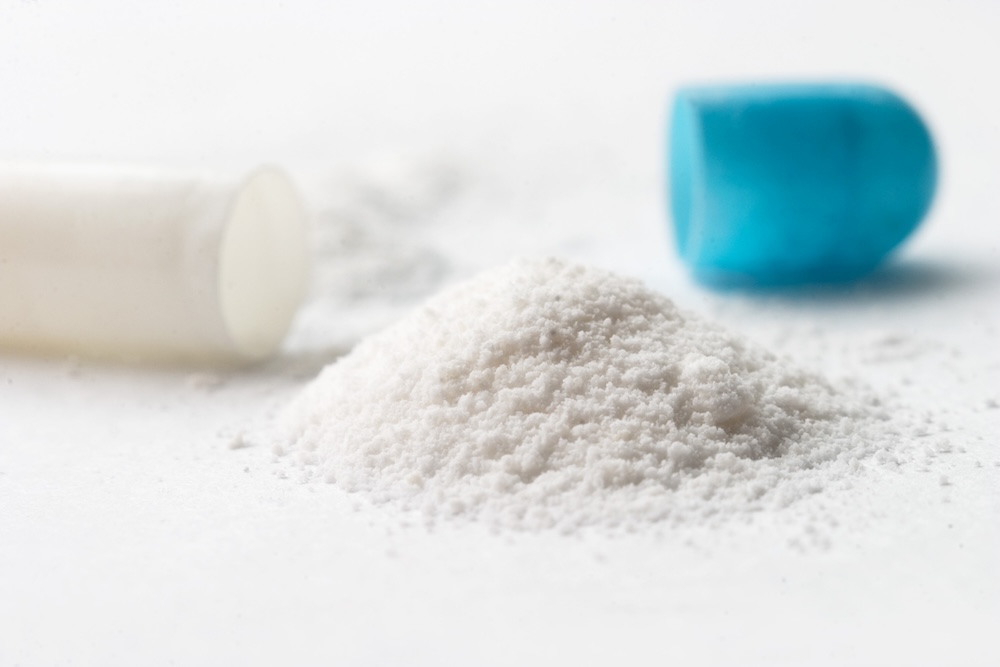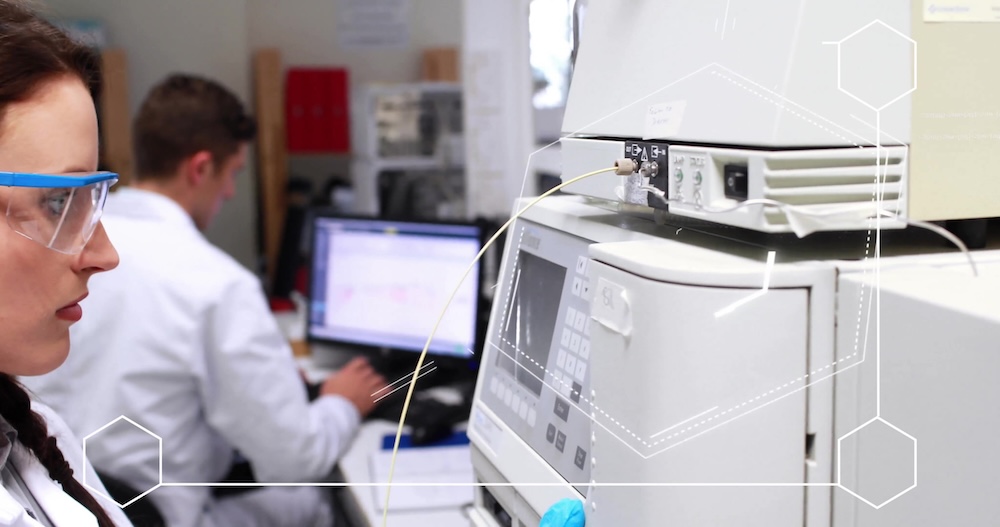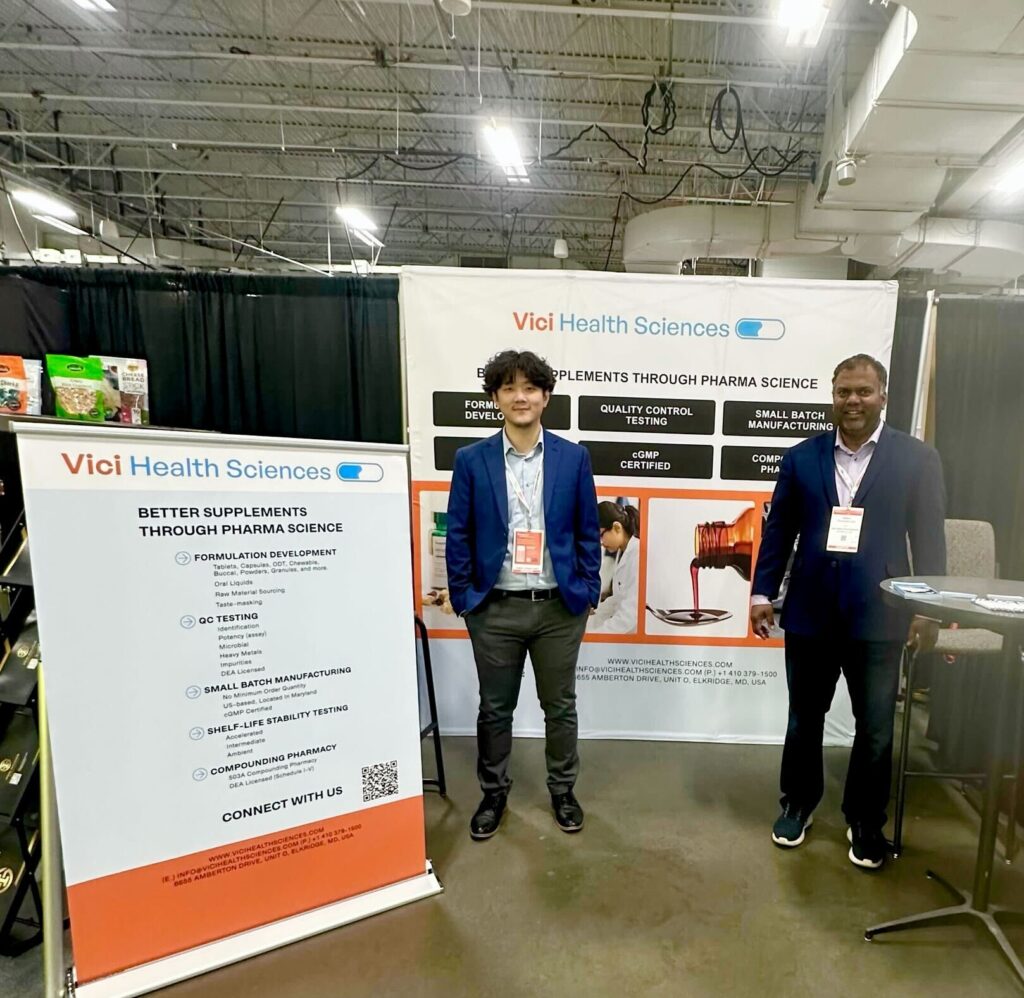Drug discovery and development is a complex, expensive undertaking that can often end in failure to secure drug approval for critically needed medicines.
The pre-clinical and clinical phase of drug development starts after target identification. During this phase, missteps in overall strategy, IND-enabling animal studies, lack of bioavailability or drug stability, formulation and manufacturing challenges, and poorly designed clinical trials can sink a promising drug development program.
Pharmaceutical companies must be experts in a variety of disciplines to overcome challenges in drug development. A truly cross-functional team of experts is needed to run drug development programs and assembling such a team can be costly and often results in communication failure and silo formation. Working with integrated drug development CDMOs that offer more than one single service leads to significant cost savings and improved team cohesion.
Overall strategy
All too often, drug development is performed in a linear manner. For example, sometimes pharmaceutical companies first start with regulatory strategy and may even go forward with the pre-IND process prior to talking to toxicology experts or formulators who would add valuable information early in the process. It is vital to first create an overall regulatory and clinical plan that includes CMC (chemistry manufacturing and controls) and toxicology experts.
IND-enabling animal studies
The FDA has clear guidelines relating to animal models and IND-enabling animal studies that must be completed and are often inflexible with their requirements are not met. Such studies are expensive and time consuming. Selecting an experienced board-certified toxicologist who is committed to every step of this process and inspecting the CRO performing the studies prior to, and during the study will save the pharmaceutical company time and money.
Lack of bioavailability or stability and formulation development
Increasingly, new small molecules or peptide drugs lack sufficient oral bioavailability. Working with CMC experts early will reveal such challenges and solutions to this problem must form part of the overall strategy prior. Often, stability problems related to the drug substance or formulation and not detected early during formulation development due to compressed timelines leading to stability failures during the clinical phase of the program. Such failures are very costly as it takes months to solve and over a year to generate sufficient data.
The only way to save time on CMC activities such as formulation development, analytical method development, clinical trial material manufacturing, and stability is to start the process early.
Clinical trial design
Clinical trial design overseen by drug development programs led by qualified clinical doctors generally are well designed. Even so, it is important to use the FDA pre-approval process to identify, evaluate, and reduce all clinical trial design related risks. Program leaders who are not clinical doctors must pay special attention to the clinical protocol and must rely on both the CRO’s and medical head’s to ensure success.
The majority of risks surrounding drug development after drug discovery and target identification can be reduced by paying careful attention to selecting the right cross functional team and vendors such as CROs and CDMOs. It is very important to have all functions involved while crafting the strategy and putting together pre-IND documentation. It is also crucial to initiate CMC work, including formulation development and analytical method development as early as possible to reduce budget and timeline risks.
Your one-stop CDMO partner
Vici Health Sciences is experienced in running successful drug development programs and brings a cross-functional team of experts to oversee programs. We can develop the formulation, manufacture clinical trial supplies, oversee the pre-IND process, and file the IND on your behalf. Contact us today to learn more about how Vici can





